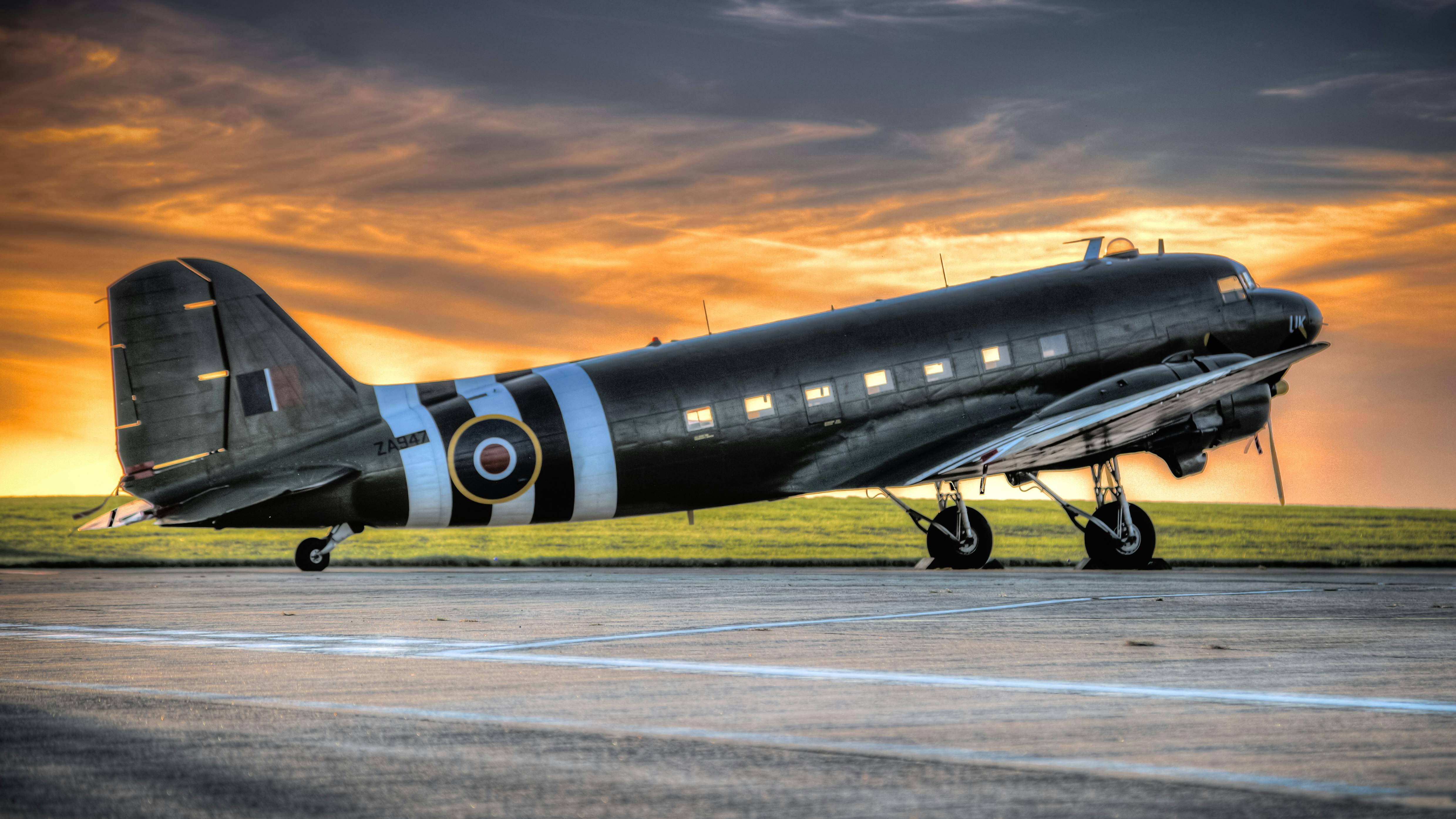Whenever we think of famous places like Miami Beach, the images that come to mind are the presence of luxurious luxury hotels, beautiful stretches of white sand beaches, and expensive restaurants and bars where the rich and famous often hang out. Before the late 1800s, Miami’s indigenous population was likely the Tequesta Indians, and the tribe settled on the mainland, where they used to go to the beach in the summer months.
The end of World War II brought another wave of new residents to the area, as many men who had trained in South Florida left the service and settled in Miami Beach with their families. The city’s population increased from 46,300 in 1950 to 63,200 in 1960. Some of the city’s new residents also came from abroad, as the Cuban revolution resulted in the entry of another wave of new residents to Miami and Miami Beach.
The city has risen from the lucky 80s
The 1980s brought an image of crime and discouragement to Miami Beach. The city was economically moribund, especially in the early part of the decade, when crime was prevalent. The following decades brought many difficulties for the area, which began to decline rapidly as a tourist area. Since then, the city has undergone a renaissance that many consider a second renaissance for the area.
Classifying the Art Deco district as a historic landmark has helped revalue historic properties, as well as revitalize the area in the 1980s and 1990s. The city has once again become a major tourist destination, with an influx of tourists mostly Europeans, and the entry of investments in the real estate and commercial sector, from Latin America, Asia and the Middle East. .
Famous areas of Miami Beach
– South Beach. Also known as SoBe, or The Beach, this district is one of the most famous areas of Miami Beach. This is a major entertainment destination with hundreds of beachfront nightclubs, restaurants, and hotels. SoBe is popular with American and international tourists, with German being the third most widely spoken language after English and Spanish.
The large influx of European tourists explains the district’s tolerance for topless sunbathing, despite its classification as a public beach. Another unique aesthetic attribute of South Beach is the presence of colorful and unique lifeguard stands, which are still being used by South Beach lifeguards.
– Lincoln Road. Lincoln Road runs east to west between 16th Street and 17th Street in Miami Beach. Today, The Road features amenities including a state-of-the-art multiplex cinema, a concert hall for the New World Symphony Orchestra, national boutiques and retail stores, fine restaurants and bars.
Lincoln Road is also home to the recently restored Colony Theater, a performing arts venue, and Art Center South Florida, a collection of studio and gallery space for emerging artists. On this road, street performers entertain an endless stream of tourists and locals on Lincoln Road. It is one of the most popular destinations for visitors to South Miami Beach.
The city has had its fair share of boom and bust. The images of crime-ridden streets and homeless people roaming the streets in droves have made it a perfect location to film the hit TV series Miami Vice. Today, however, Miami Beach has recovered from those sad times and reinvented itself to once again become one of the top vacation destinations in the country, offering a wide range of amenities and benefits for tourists and investors alike.
Miami Beach Real Estate – http://luxurylivingrealty.net
